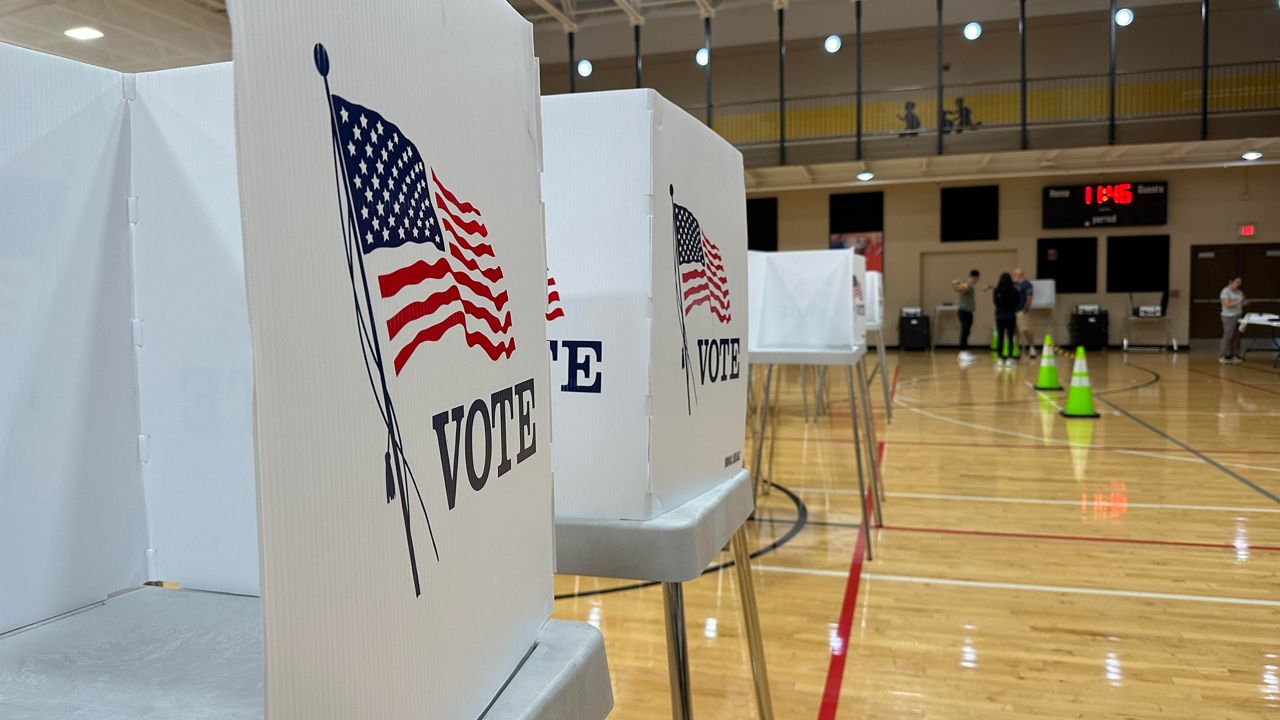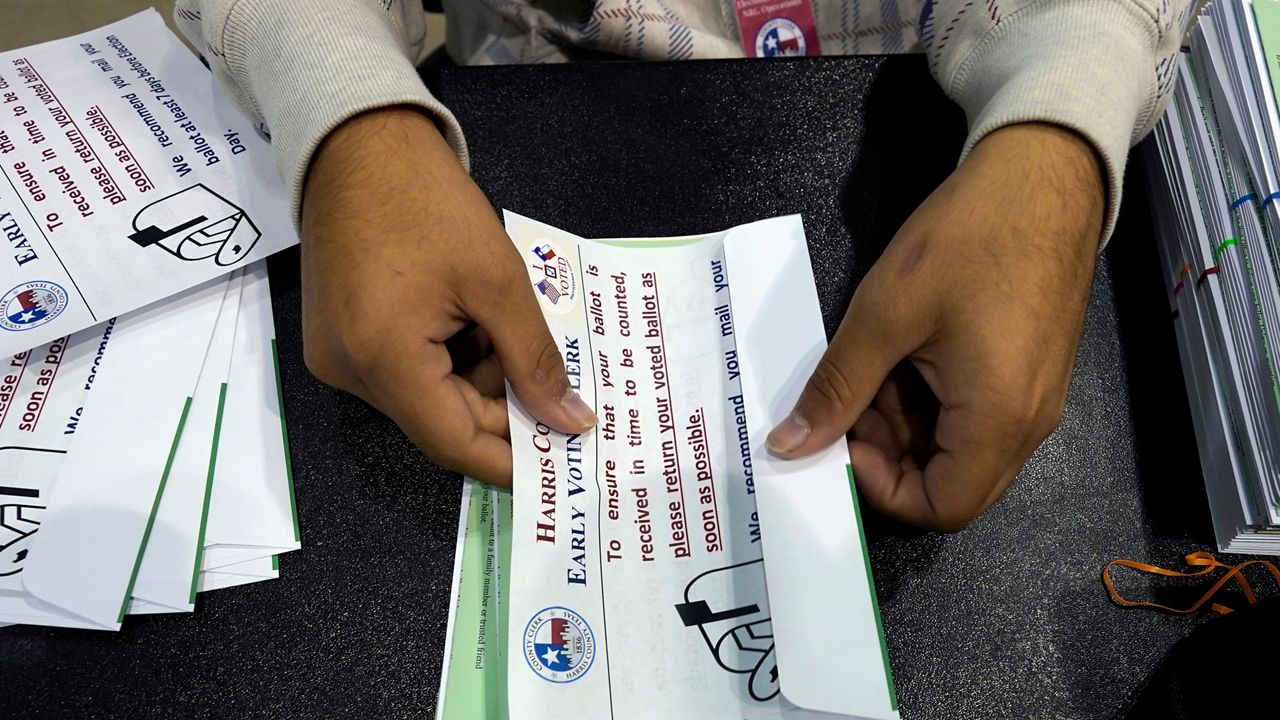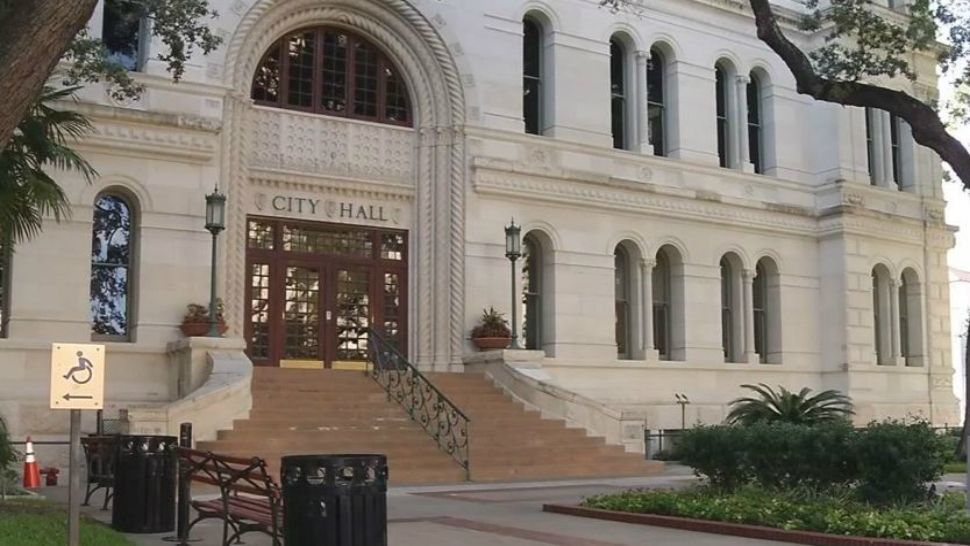AUSTIN, Texas — A bill requiring voters to prove their citizenship has passed the Texas Senate, bringing it one step closer to possibly becoming law as soon as this year.
The bill, authored by Sen. Bryan Hughes, R-Mineola, passed with 20 votes in favor of it in the majority Republican Senate. All 11 Democratic senators voted against the bill.
Senate Bill 16 outlines the following documents eligible as proof of citizenship:
- U.S. passport or passport card
- Certified copy of a birth certificate issued by U.S. state or territory
- “United States citizenship papers”
- Identification issued by the agency of the United States responsible for citizenship and immigration
- For citizens born abroad, a certificate of report of birth or consular report of birth abroad issued by the United States Department of State
Voters who don't provide proof of citizenship will only be qualified to vote in a limited federal ballot. Only the races for the offices of United States senator or United States representative on the voter's ballot will be counted. They will then have six days to provide proof of citizenship to the voter registrar in order for their limited ballot to be counted as a full ballot.
The bill would also enforce penalties for voting booth workers. Volunteers at voting sites could face a felony if they register an applicant who is not a U.S. citizen.
As for how the bill would affect the state financially, the Texas Election Administration Management (TEAM) system would have to be altered in order to record proof of citizenship. According to the bill’s fiscal note, this alone would cost $578,931 to implement in 2026, and $84,000 per year afterward.
Additional staff would also be required in order to conduct citizenship verification reviews and coordinate with county voter registrars, the Secretary of State’s office said. The two positions would be paid $70,662 per year, with benefits and other costs amounting to $45,019 per year. The positions would also require $15,970 in setup costs in 2026, according to estimates.
SB 16 heads to the House next, where, if passed, it would go into effect as soon as September.










